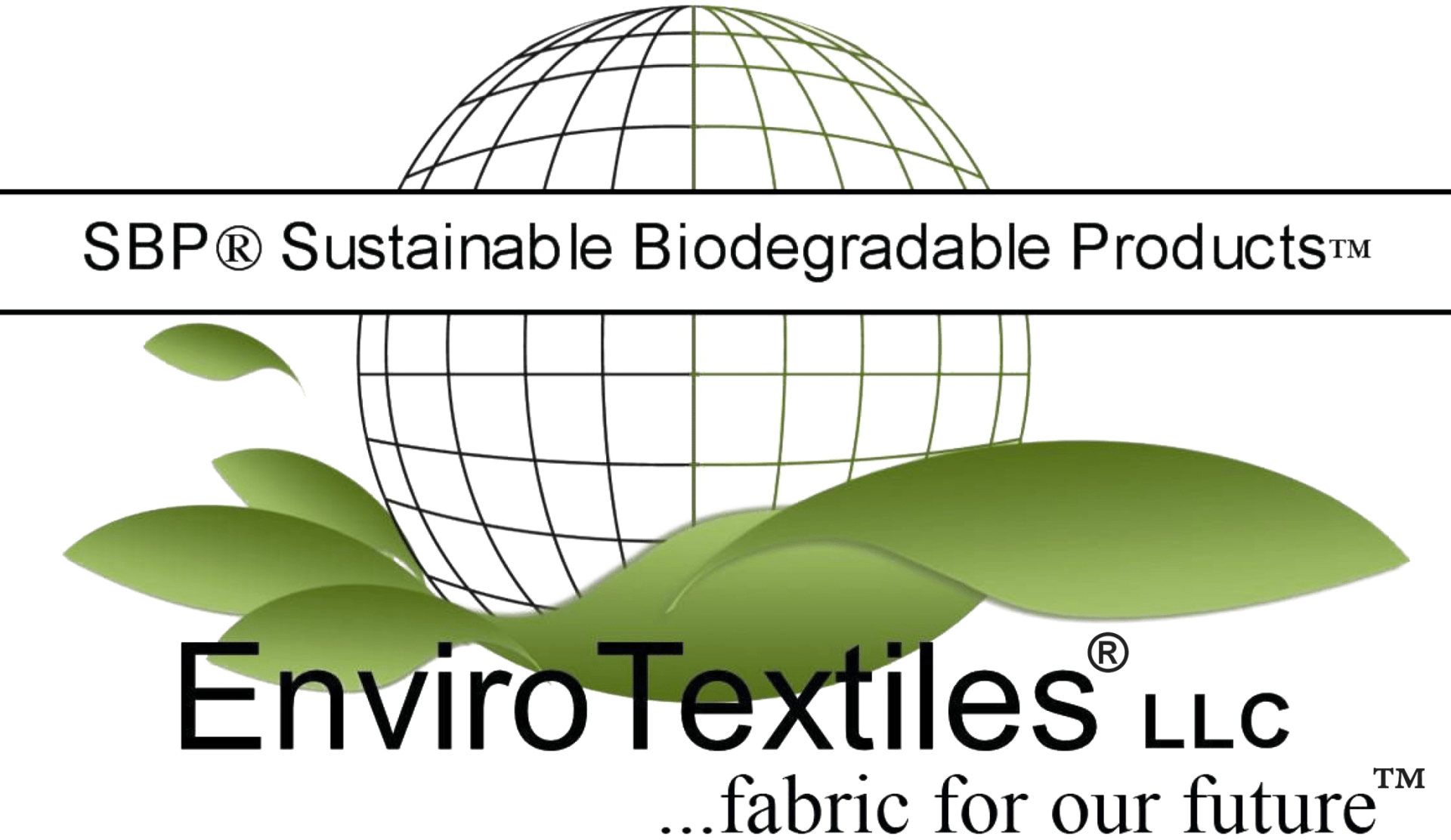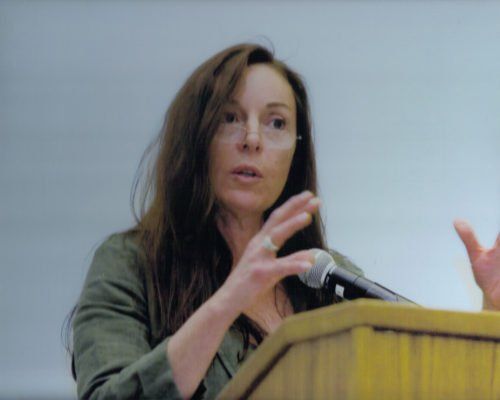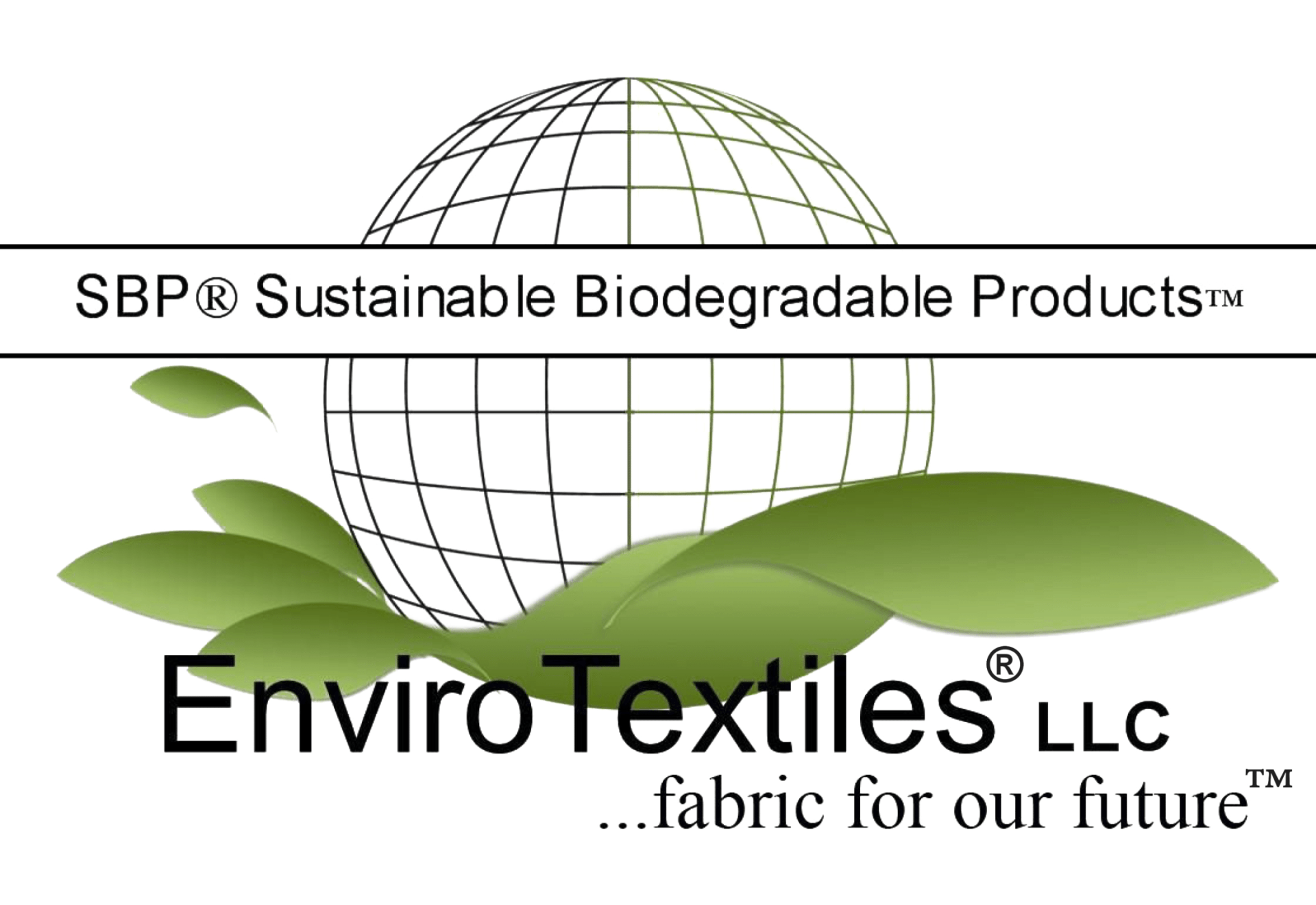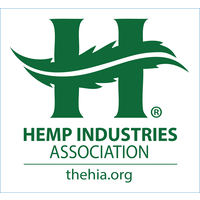Had it not been for Barbara Filippone, hemp growers would still be selling hemp fiber to potato sack makers and not to many others. Filippone grew up around, and in, the fabric mills of New Jersey. Where for generations before her family always each had thier own hand in natural fibers and her mother was a interior designer and “fabric addict”.
Barbara left the Bruce Springsteen State when she was 17, moving to New York to start working for Indian companies that were importing clothes to New York City and attend classes at Art Students League.
While working for Indian firms in the ’70’s, she collaborated with importers to design garments that would appropriately showcase the beautiful fabrics available. Her job took her to India, where Filippone viewed first-hand the life of Indian workers in dingy textile sweatshops. Workers were getting sick and aging quickly due to their exposure to the harmful chemicals used to process the fabrics they were working with. Filippone decided that she “no longer wanted to contribute to harmful work environments", and desided to demand changes for the factory workers or they would walkout, instead the factory presidents had no intentions to change and Barb was forced to leave behind not only the collections she created and loved, but also the people.
In the late 80's, Barbara met “three young men named David” selling hemp garments at a trade show, under the name Earth Goods, leading to the job opportunity Filippone needed to get away from the sweatshops in India. Earth Goods hired Filippone because she was the only person they could find who could work with the Thailand-made hemp; rolls of narrow bands of cloth made by hand which made it limited for any application for apparel. Filippone was familiar with working with narrow woven goods since bringing back the Godet design in the India apparel collection she had recently completed.
Earth Goods also purchased hemp fabric from China, through Don Wirtshafter’s Ohio Hempery, and developed a completely all-natural upscale hemp apparel line that included vegetal dyes and ‘nut’ buttons. “The only thing that wasn’t natural was the thread and labels,” said Filippone.
When the three Davids decided to move on to other endeavors, Barbara joined Eric Steenstra, (now president of Vote Hemp), and Steve De'angelo (American cannabis rights activist) at Ecolution, in 1993. Earth Goods became a retail store in Glenwood Springs, CO. “Ecolution basically brought me in for design work, but they got more for their buck, because I restructured much of the company.” With her background in textiles and design work, and professional presentation of image-strong sales materials, she instructed them on industry protocols. Ecolution, the first U.S. company to import hemp textiles from Romania, sent Filippone there to design and standardize a collection of fabrics and apparel. Ecolution owns all phases of production; from field to factory to market, still using fabric technology that Filippone helped develop.
Filippone left Ecolution in 1995. Dong Ping Hemp Textiles, a Chinese company, was looking for a “hemp expert” from America, especially since no one at Dong Ping could speak English. They found Filippone. She helped them create a grading system for quality, standardizing the products as she had done in Romania for Ecolution. The Chinese used the terms, “Bawa (for “Barbara”) 1″, “Bawa 2″,” Bawa 3″, and so on, as a grading system, but Filippone wasn’t having it. She changed the item numbers to reflect a standard for a growing industry. In the end, she standardized production of at least forty fabrics, to ensure consistency. Most of these fabrics are still being sold today to other companies dealing with Chinese fabric, most with the same item numbers.
In 1998, some investors approached Filippone with the opportunity to develop a “real company.” They had the money and Filippone had the development skills and knowledge. The company name was Earth Goods, a name that Filippone was given by the three Davids. Filippone was constantly out of the country in eastern Europe and China developing the hemp textile industry.
Filippone left Earth Goods in 2001 to form her own company with the help of her daughter, Summer. She contacted her factories in China to inform them she was starting her own company. Her supplier gifted her a container of fabric to help her get started. Filippone mortgaged her home and started EnviroTextiles within ten days. At Dong Ping, Filippone had been able to build up a customer base, and they followed her to Earth Goods. Barbara’s customers follow her because she maintains consistency and quality standards, she is professional, knowledgeable, outspoken, and has developed a reputation for honesty. Her daughter, Summer Star, has had the same kind of direct hands-on training from her mother that Barbara received from hers.
After two years of working long days with help from her daughter, Summer, Filippone’s EnviroTextiles has generated considerable interest from potential customers and has a vigorous active account list. Today, Barbara Filippone is still the main player in the hemp fiber and fabric industry.
Even though China is very restrictive in allowing foreigners in to do business, Filippone was brought in to penetrate the mainland and build up a partnership with textile mills. The mills allow her to develop hemp fabrics strand by strand under the strictest quality control standards. “No other country’s fabric can match the integrity of Chinese hemp,” she said.
With the help of its Chinese relationships, EnviroTextiles has developed numerous 100%-hemp woven and knit fabrics and blends, including hemp/cotton, hemp/silk, and hemp/tencel (Hempcel ®) and so much more. She also supplies yarn, fiber, and the highest quality hemp finished products. Her company has been mentioned in numerous articles in such magazines as Economist Magazine, In Style; Body & Soul; Promowear Magazine; Hemp Times, Interiors & Sources, and Denver Post. Mainstream companies of the caliber of Ralph Lauren, J. Petermen, Fruit Of The Loom, Adidas, Nike, Aveda, Sean John, Jack Johnson, and even the EPA, have contacted Filippone with interest in hemp textiles.
Barbara created a new labeling standard for eco-friendly, green, all-natural textiles. “I support organic food,” she said, adding, “There is no such thing as organic garments or fabrics, when it comes to mainstream production.”
Growing practices can be certified organic, but sizing and, often, dye have to be used in making fabrics from fiber, thus the fabrics can’t be certified organic, since various agents are used in the processing. Fabrics can be marked, “made from certified organic”, but this creates confusion. “‘Organic’ needs to be respected,” said Filippone.
A sector group of the Organic Trade Association, the Organic Fiber Council (OFC) was formed in 1997 to address these topics. There are no federal standards for the processing of organic raw fiber from the time it leaves the farm to when a finished product is available for retail. OTA’s organic fiber processing standards, approved January 2004, address all stages of textile processing, from post-harvest handling to wet processing (bleaching, dyeing, printing), fabrication, product assembly, storage and transportation, pest management, and labeling of finished products. The preamble to the 2000 USDA rule says, “Goods that utilize organic fibers in their manufacture may only be labeled as a ‘made with organic fiber’.” Filippone believes she has come up with something to take the place and have the clarity of all stages from field to finished product.
Filippone coined & trademarked the terms SBP™, Sustainable/ Biodegradable Products™, and Sustainable Textiles™. She’s interested not only in “organic” fabrics, but in fabrics grown cleanly that return to the soil cleanly as well. “Recycling is a temporary solution for something that we don’t know how to dispose of,” she said.
Filippone assigns a percentage, or SBP (Sustainable/Biodegradable Percentage), rating. The SBP rating is the percentage of the product that is sustainable (grown with out toxic chemicals and large amounts of water), and biodegradable. The Sustainable/Biodegradable rating is the percentage of the garment that is either sustainable and/or biodegradable. SBP just might be the solution to the organic fabric labeling issue.



































